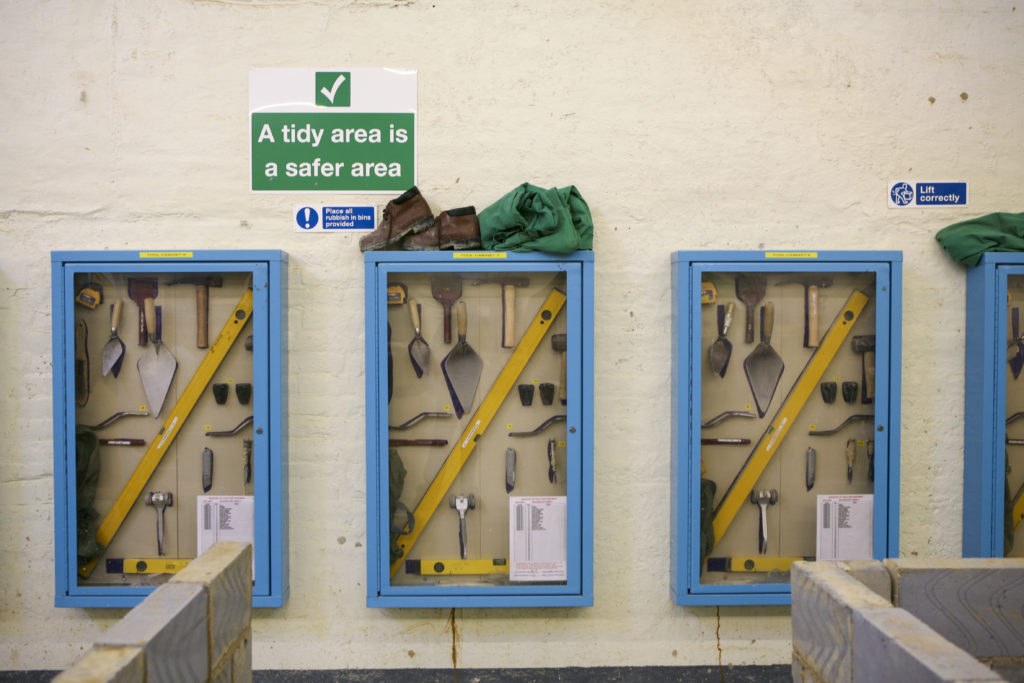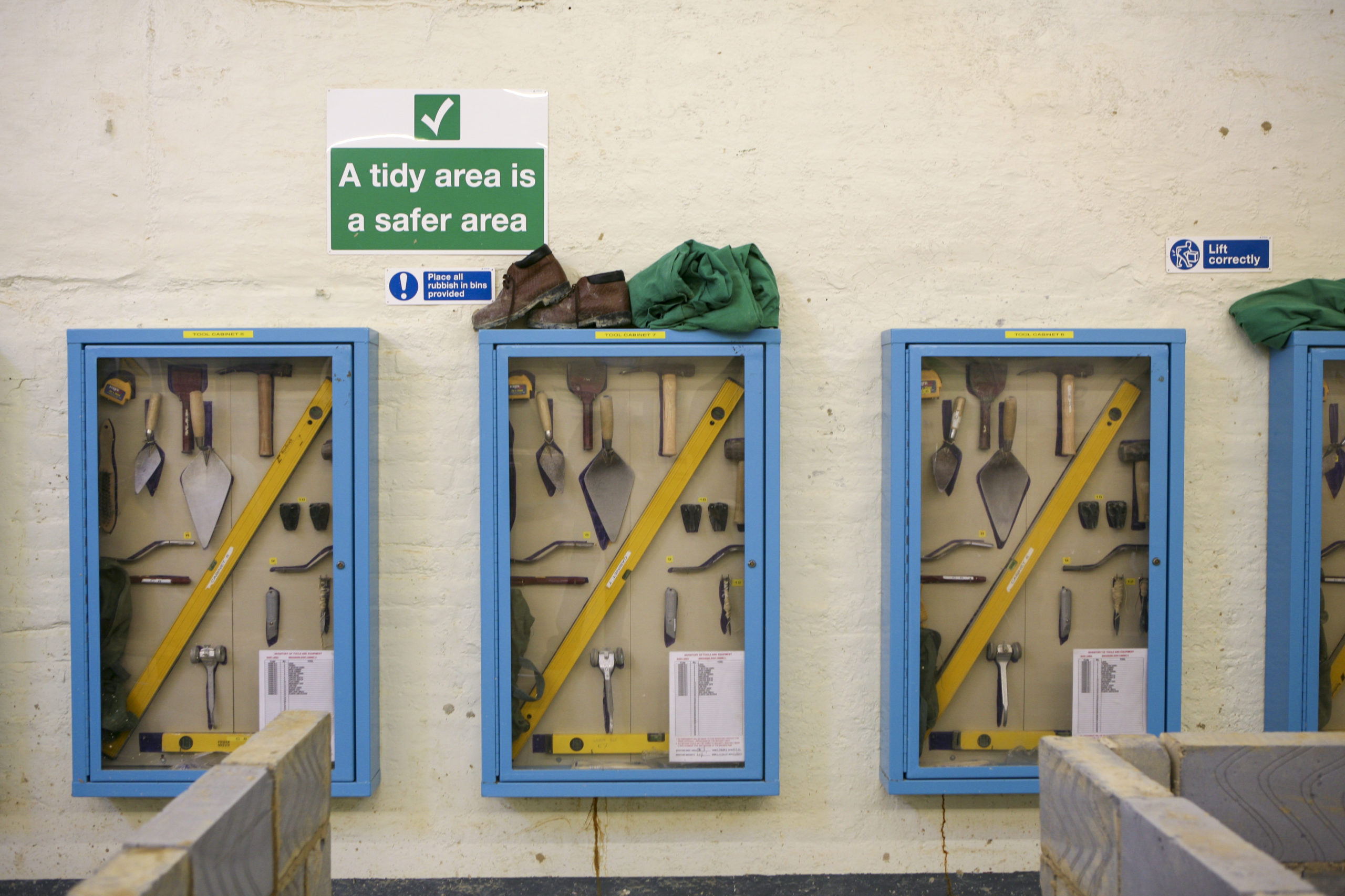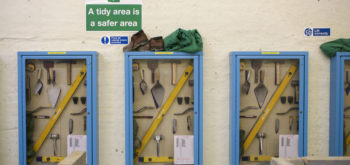Major funding cuts are set to devastate already inadequate education and training provision across prisons in England and Wales, according to a damning new report by the chief inspector of prisons that paints a grim picture of a system failing both prisoners and the public.
Over the past three years, 94 of 104 closed prisons inspected were rated ‘poor’ or ‘not sufficiently good’ in education and skills provision. The Inspectorate found that many prisoners spend their days locked in overcrowded cells, with limited access to purposeful activity or training that might help them find work upon release. Attendance at available classes averaged at just 67%, often disrupted by staff shortages, lockdowns, and indifference about unlocking prisoners.
Cuts of up to 50% to education budgets mean that even this threadbare provision now finds itself at risk. Teachers and instructors are already facing redundancies, threatening to dismantle the few pockets of creative, effective learning that remain. ‘The prison service has a duty to make prisoners less likely to reoffend,’ Taylor warned, ‘but too often it is failing to fulfil this responsibility.’
The consequences are severe: two-thirds of prisoners are unemployed or not in training six months after release. Without meaningful reform, the cycle of reoffending will persist, placing further strain on communities and victims.
Taylor called for renewed leadership and investment, stressing that ‘jails, and ultimately our communities, are safer if prisoners are purposefully occupied.’ Experts argue that funding stable education programmes, improving workshop facilities, and prioritising rehabilitation over containment are essential if prisons are to meet their core purpose: reducing crime through genuine and meaningful rehabilitation. Until that happens, many inmates remain simply passing time.








